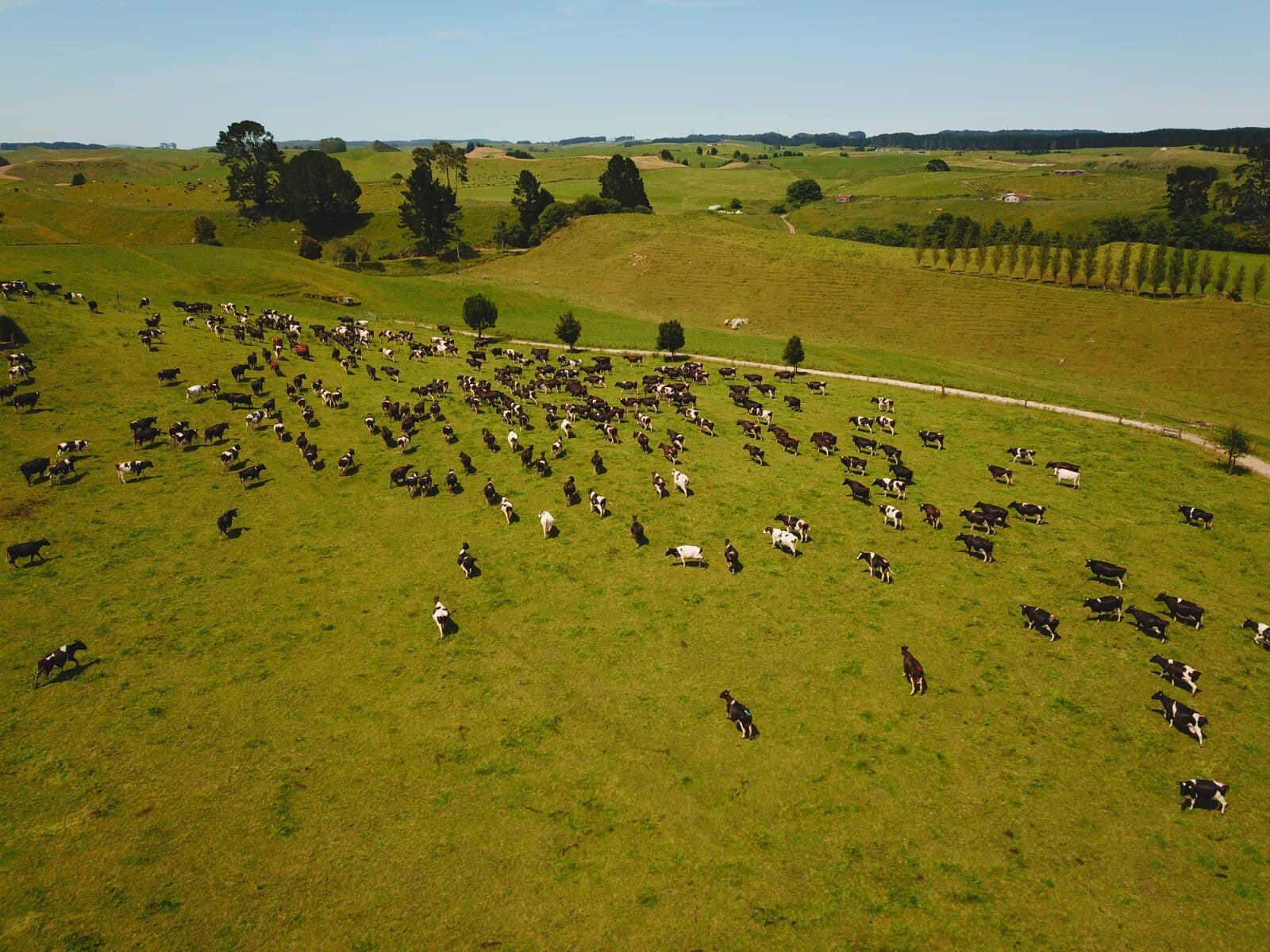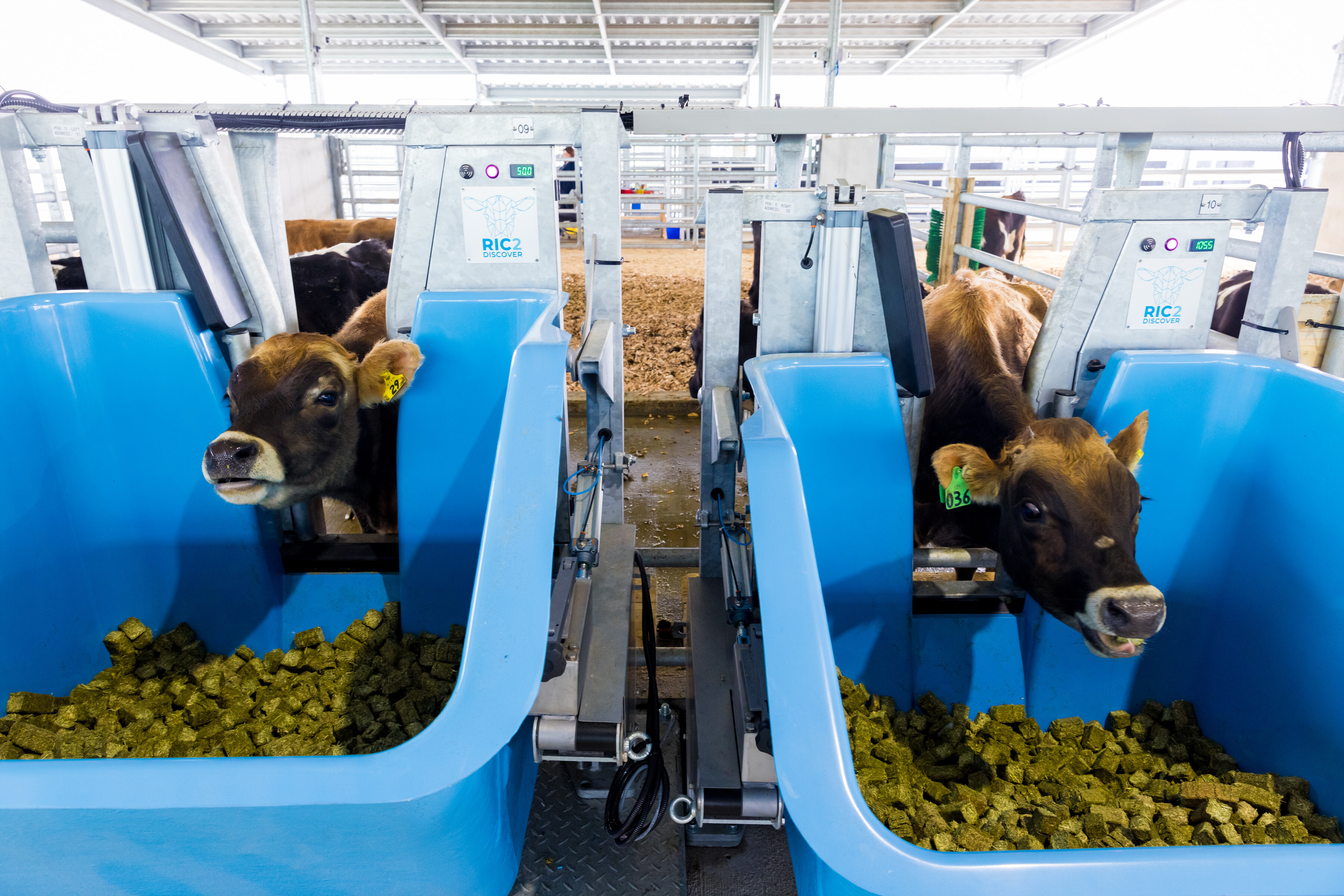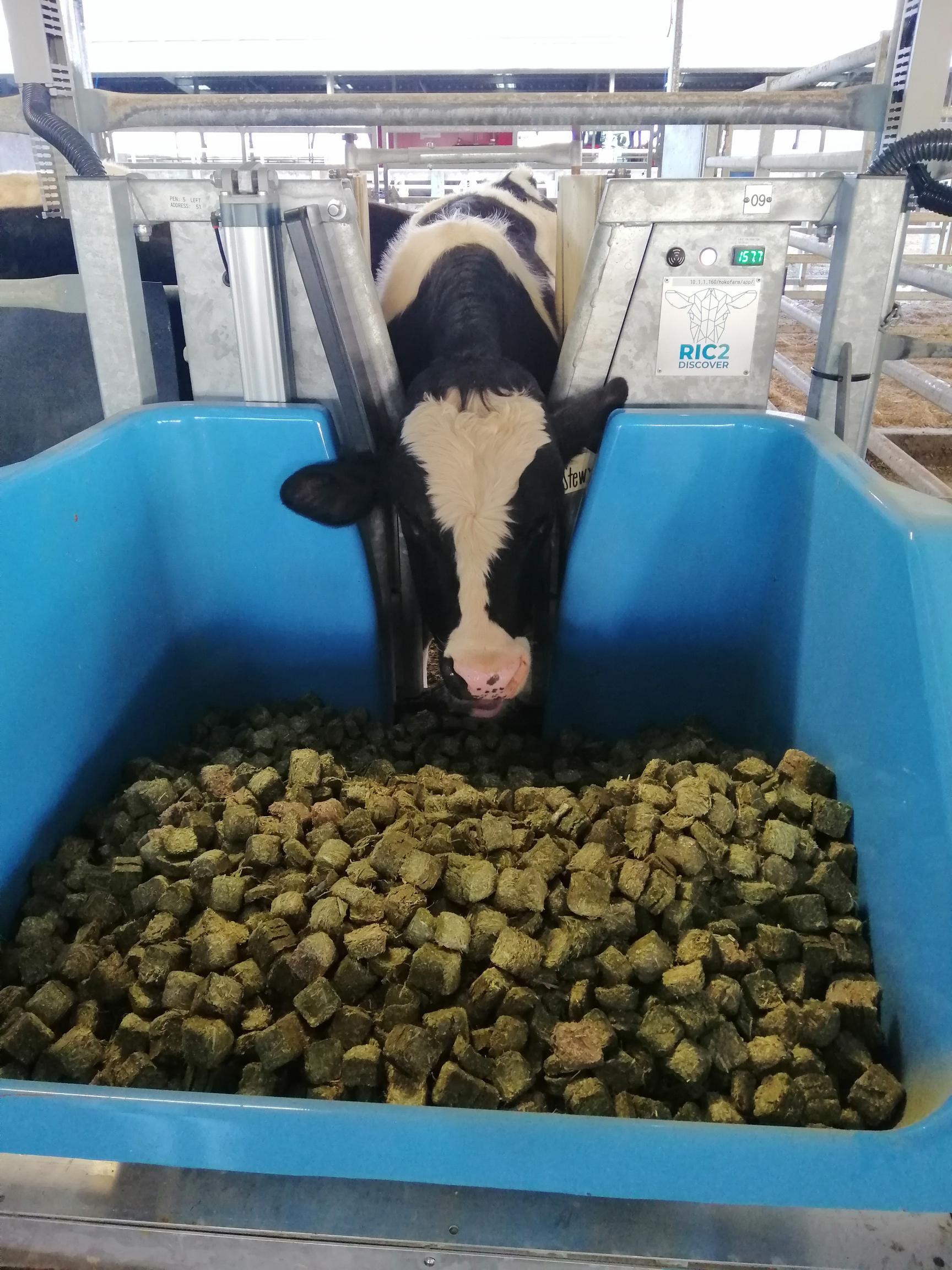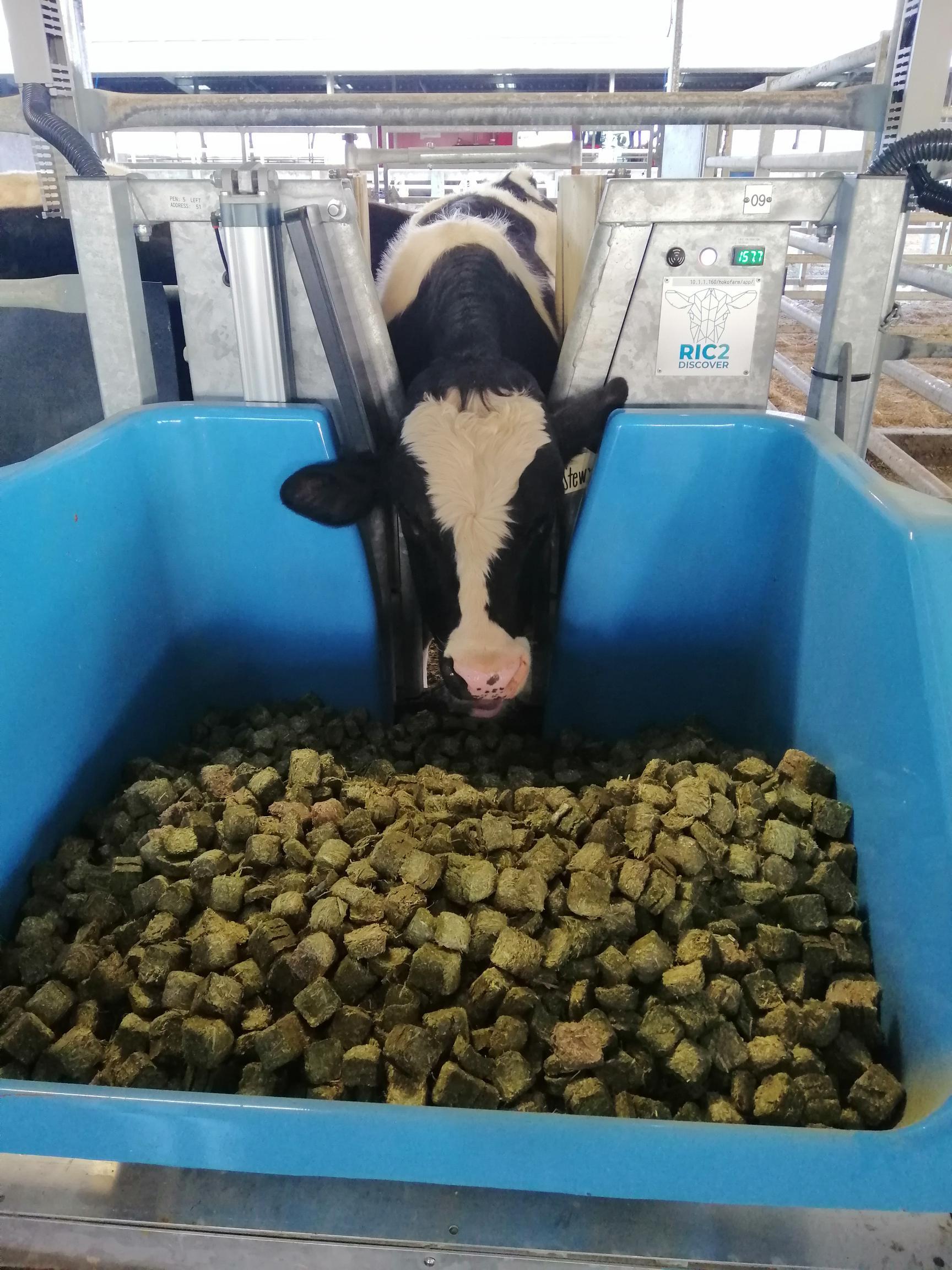
Genetics has been identified as a means of building a long-term solution to climate change,” says Smallwood. “As an industry, if cow numbers are reduced farmers will need to improve efficiency per cow to ensure farming remains sustainable, both environmentally and economically





